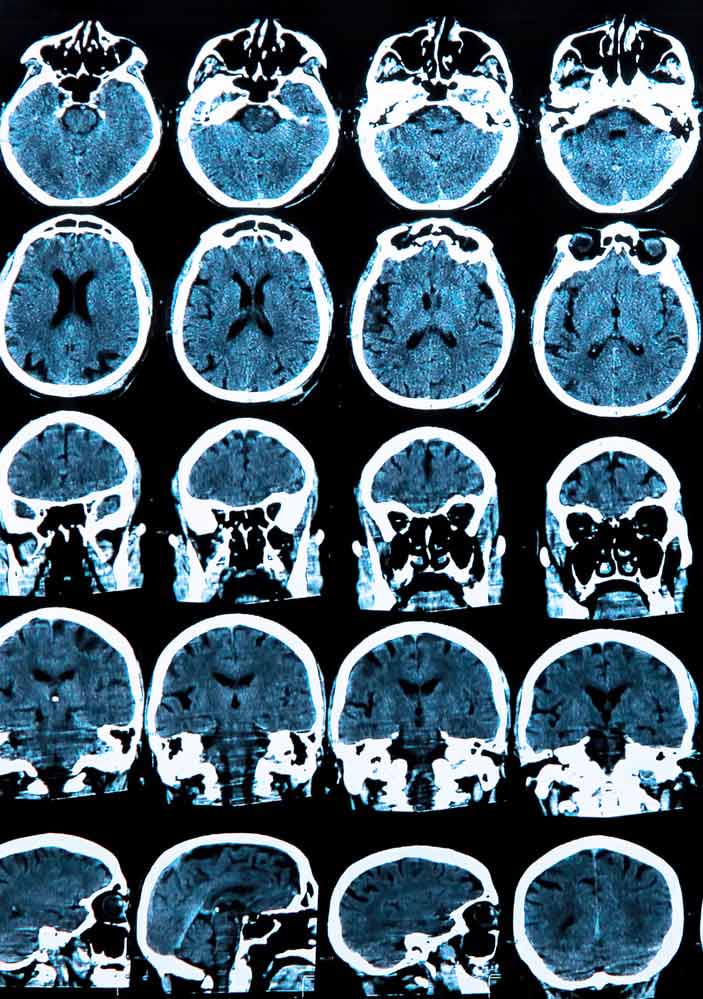Ataxia is a condition whereby the lack of muscle coordination leads to affected eye movement, speech, walking, the inability to swallow and other voluntary movements. Prolonged ataxia may lead to damage in the part of the brain that controls muscle coordination. There are several types of ataxias; over 40 known forms of inherited ataxias and new forms continue to be identified alongside with the improvement of scientific techniques. Some causes of ataxia include stroke, cerebral palsy, tumor, chicken pox or even multiple sclerosis.

Signs and symptoms
- Difficulty swallowing
- Slurring in speech
- Poor coordination
- Lose balance
- Difficulty with fine motor tasks such as buttoning shirt or writing
- Loses muscle coordination
- Involuntary back-and-forth eye movements
Note: these are just a few signs and symptoms provided for informational purposes. Do not attempt self-diagnosis based on this list.
Treatment
There is no specific treatment for ataxia, however, it is possible to treat the symptoms. Assessing the symptoms observed, a treatment plan of either adaptive devices or therapies may be given to help manage the symptoms. It’s also important to work with a primary care physician on areas such as medication usage and preventive health management.
Northern Neurology Specialties, Dr. Jill Bressler and our Team – Experts You Can Trust for Ataxia Treatment
At our neurology practice, providing a complete diagnosis of ataxia is the first step we will embark on. An effective treatment plan will then be focused on treating the symptoms and improving the quality of your life. Contact us today to talk to a specialist or visit us in person today to let us advise you further on this condition.
